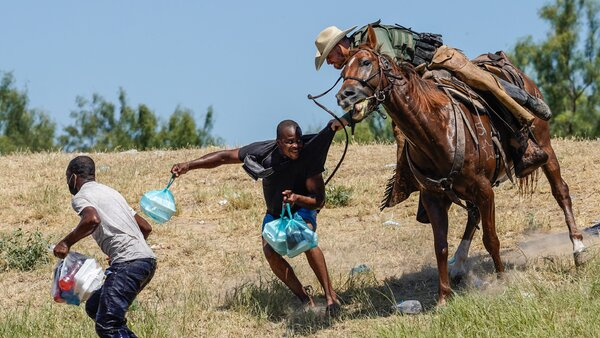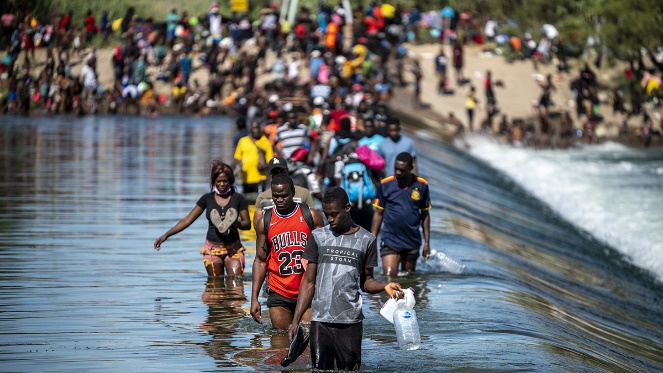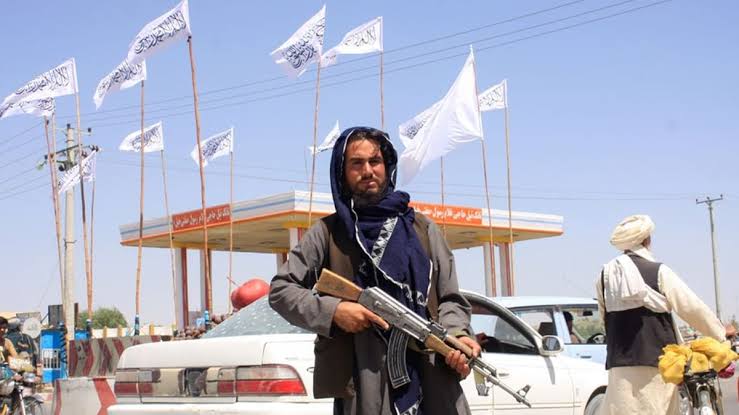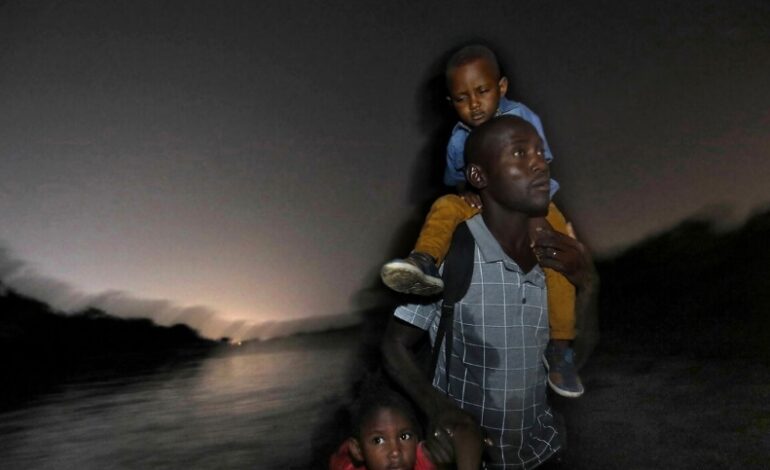
Avellon Williams
PORT-AU-PRINCE, HAITI – It continues to be risky for Haitians seeking asylum in the United States (US) to be expelled and sent back to a country in crisis. The capital of Haiti, Port-au-Prince, has emerged as a battlefield for armed groups. Thousands of people have fled their homes, and basic services are hard to come by.
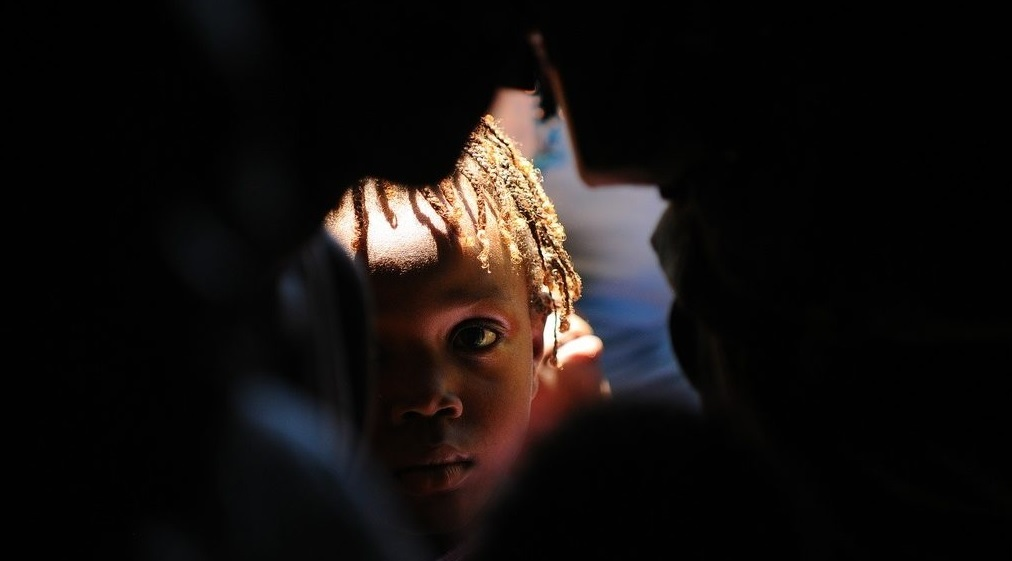
Between September 2021 and June 2022, over 26,000 Haitians were expelled from the United States. A total of nearly 4,000 Haitians were expelled in May alone by the US government.
Title 42 has resulted in the expulsion of the majority of Haitians. A consequence of this policy has been the closure of asylum at the US southern border which has resulted in the expulsion of more than two million people.
Despite the suspension of deportation flights to Haiti since June, Haitians arriving at the US border could still be sent to what is effectively a war zone, as armed groups have taken over large parts of the capital.
Killings, kidnappings, fear, and paranoia
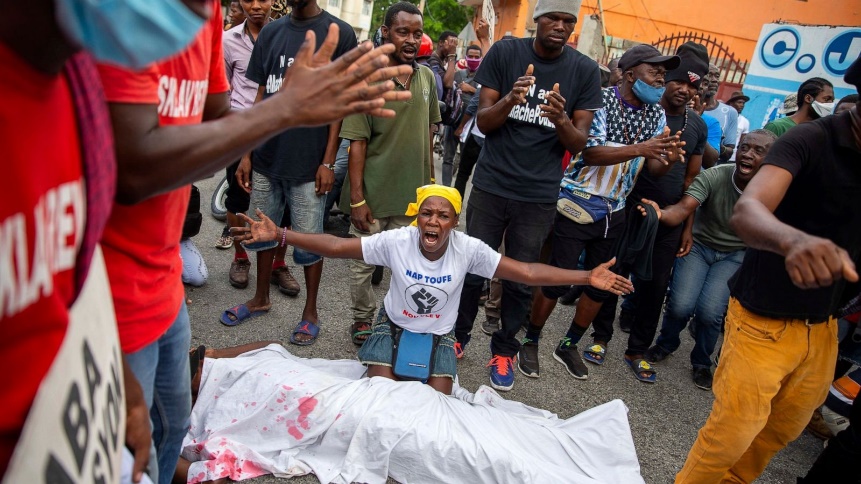
Over half of those arriving at the Médecins Sans Frontieres hospital in Tabarre, Port-au-Prince, have suffered life-threatening wounds caused by high-powered firearms. As a result of armed clashes in two neighbourhoods, Martissant and Cite Soleil, longstanding medical programs had to be moved in 2021.
From January to June, the United Nations documented 934 murders, 684 injuries, and 680 kidnappings in Port-au-Prince. As a result of the violence, many people are living in appalling conditions within informal displacement sites in the city.
According to Mireille, a nurse assistant at an MSF mobile clinic, “The house is very close to the front line. I can never sleep more than four or five hours in a row because of the explosions. The exterior walls of the house are filled with holes caused by projectiles.”
Throughout Bel Air and other neighbourhoods, armed clashes have once again destroyed water networks and disrupted water truck deliveries. As violence and insecurity rise, our teams are operating mobile medical teams and providing water and sanitation facilities.
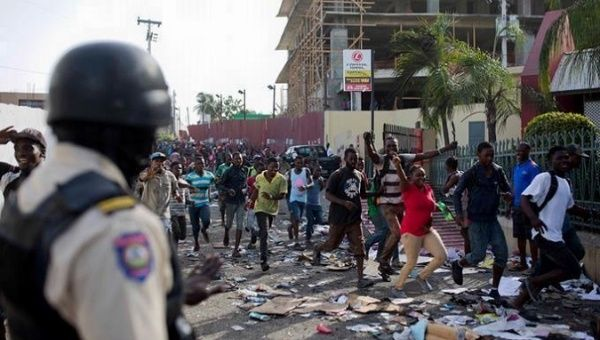
MSF’s project coordinator for urban violence in Port-au-Prince, Cedric Chapon explained, “We see an increase in kidnappings and killings and people telling us they don’t feel safe in their homes, and it’s not safe to leave the house either.”
He added that “since the beginning of the year, we have seen an epidemic of scabies, which is not usual in Haiti. And this is directly linked to the lack of water. People can afford small quantities of drinking water, but they can’t access clean water in quantities needed for hygiene.”
In addition to the danger for MSF patients, some staff members are trapped by the violence, unable to leave their homes for work. Due to the risk of stray bullets in some areas, MSF staff must work in basements and rooms without windows.
Haitian migrants face dangers crossing Latin America
The Haitian migration route along the Americas has been used for several years as a way of reaching the United States; medical and mental health care has been provided to migrants.
As Haitian migrants migrate to the US, they often have family and support networks there, but Title 42 forces them to take increasingly dangerous routes, from South America through the highly dangerous Darién jungle in Panama. A total of 417 women who had crossed the Darién jungle were treated for sexual violence by MSF teams in Panama between April 2021 and May 2022.
In the final leg of their journey, they cross the border between Mexico and the United States. They join other migrants in border cities such as Nuevo Laredo and Reynosa who are also waiting to cross, often seeking asylum in the United States.
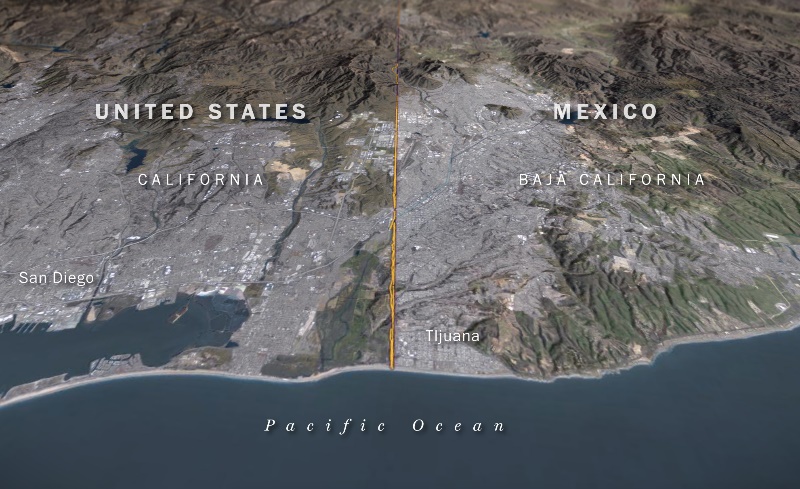
There is a large number of migrants who are forced to live on the streets, in abandoned houses or makeshift camps. Health care, food, and basic services are limited, and these cities are extremely dangerous. Migrants, in particular, are at risk of kidnapping and sexual assault.
A 23-year-old Haitian fled Haiti in 2019 under the name Antogama Honorai, he explained, “I’m here because I want to go to the US and help my family. In the US I have a family.here [in Mexico] there’s nowhere to sleep. Yesterday it rained all day and I slept in dirty water. I don’t want to go back to Haiti. There’s no school there, there’s no food there, there’s no work… Returning to Haiti means death.”
It was not possible for Antogama Honorai, 23, to find work in Brazil after he left Haiti in 2019. Thus, he set out for the US, traversing Colombia and Central America before arriving in Mexico.
Seeking safety is a human right, not a crime
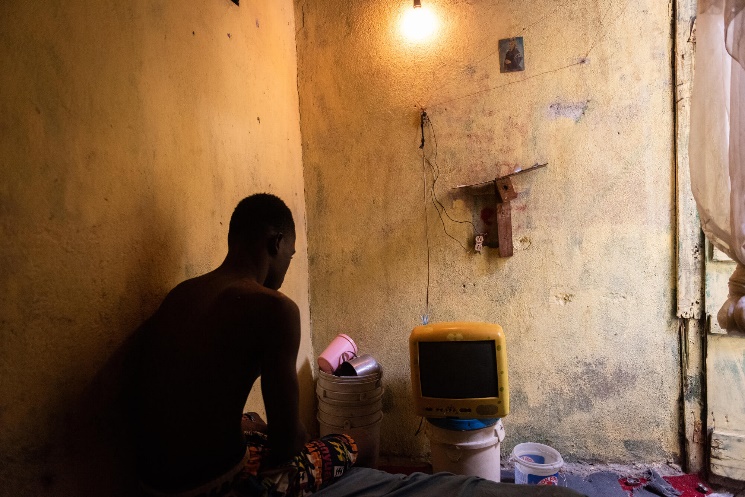
“In that jungle, you will die if you don’t have a good strategy,” says Louckensia Paul, 28, recalling her journey through the Darien jungle in Panama. “It’s a dangerous place. There are wild animals and routes that are not accessible and difficult crossings. There’s a point where you run out of food and you have to use all your strength to try to get out of there.”
“In Texas, I was put on a bus in chains – around my waist, on my ankles and hands.”
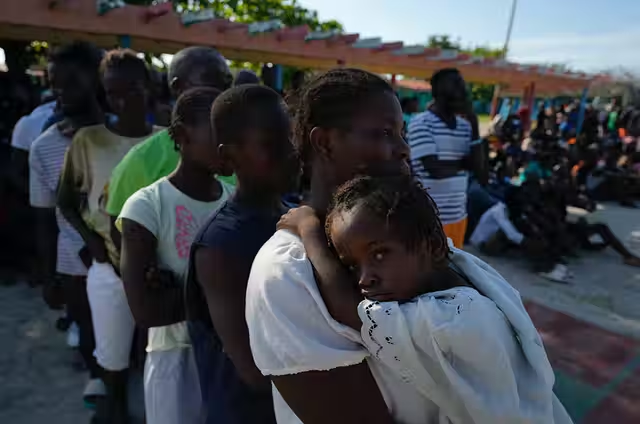
After Fleeing Haiti, Louckenssia Paul, 28, was deported from the United States. When Louckensia attempted to reach the US a second time in May, she was interviewed in Nuevo Laredo. After traversing nine countries and risking her life crossing the Darién jungle, she reached the US in December 2021, spent seven days in American detention, and was quickly returned to Haiti.
“In Texas, I was put on a bus in chains – around my waist, on my ankles and hands,” she says. “I thought about the entire trip, and the sacrifices I made, for them to do that to me and treat me like a criminal.”
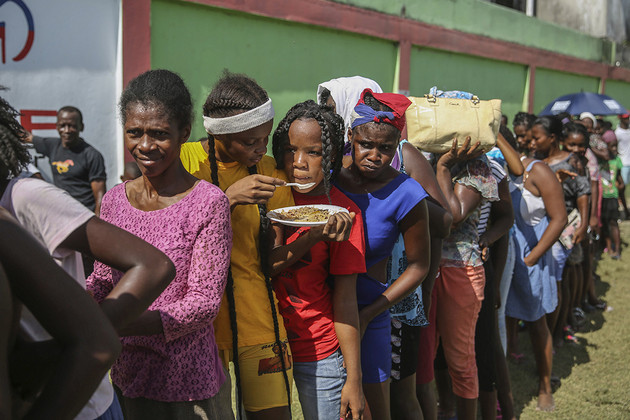
The Mission for the Sanity of the Family has been repeatedly called by MSF for an end to Title 42 and the expulsion of flights to Haiti on humanitarian grounds.
Haiti is currently suffering from a humanitarian, economic, and political crisis. Adding that “people should not be sent back to Haiti by any country. Asylum procedures for Haitians must be made easier and deportation flights must be permanently halted”.


